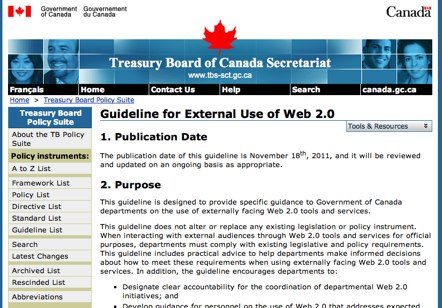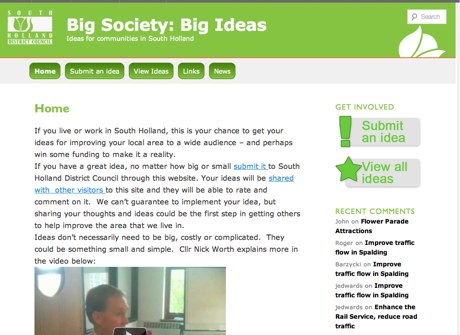Get posts sent to your inbox:
My 20 GovCamp 2012 thoughts
I had an exhausting time at GovCamp this weekend. We had lots of people. There were lots of discussions. There was much tweeting. Many photos were taken. Lots of blogging has happened.
Dan Slee had the fab idea of just posting 20 quick thoughts and take-aways. So let’s have a (somewhat delayed) go.
- I don’t think the two day format worked, overall. I’m pleased we tried it, but it’s just too long and the second day didn’t feel sufficiently different to the first. Also, everyone who attended both days were totally exhausted by about lunchtime on the Saturday.
- Steph Gray is not just brilliant at government webby stuff, I think he’s also one of the best human beings currently on the planet.
- Some people have written of the need to further the range of people that attend. I’m a firm believer that the best people to attend are the people who want to, and don’t need to be convinced. It is, I assure you, entirely coincidental that this is also the path of least effort.
- Another excellent post looked at the differences between the event this weekend and the original, in 2008. I agree: they’re very different. Some might prefer the way it was before, others prefer the way it is now. I think the event just reflects the environment in which we are all operating.
- Maybe there’s space for a new event that’s more specifically geeky. I dunno.
- The Government Digital Service has changed the nature of discussions and the whole government geek ecosystem, as others have mentioned. The responses to that from folks in central and local government are interesting, including in the way they differ.
- Lloyd Davis is a legend, a master facilitator and the most calming influence ever.
- Looking through all the photos from the event afterwards made me feel like there were about 6 different GovCamps happening, none of which I attended.
- ‘Keynotes’ at Govcamps make me feel funny. I personally don’t see why Friday’s closing session couldn’t have happened as a normal pitched session during the day which would have felt more a part of the community spirit of the event. It could have been sorted pretty easily. But still, I hope people found it useful.
- Hadley Beeman is excellent at organising drinking sessions, amongst other things
- The fantastic reading material following the event is a sign of just how vibrant and useful a medium blogging is for telling stories, sharing knowledge and learning
- Someone on Twitter derided the event as a ‘talking shop’. I don’t see why that’s a bad thing. Where talking reinforces learning and allows for reflection and the teasing out of effective ways of doing things, it’s got to be good. I’m pleased GovCamp provides a framework for that to happen.
- Even better, let’s run an event that’s even more informal than an unconference. Ditch the agenda entirely. Just have rooms in which people go in and talk about stuff. Use things like Twitter to let people share what’s being discussed in the rooms, so people can move around to the conversations that interest them. Chatcamp?
- Thinking about all this, my interest in organisational learning and knowledge management is piqued once again. Can’t help but feel that very few organisations in the public (or indeed any) sector have this right. Too little learning from previous experience, too much hoarding of knowledge. The answer is only kind of digital, of course.
- I do look back at 2008, with the smaller community, sitting around showing each other how to use Twitter, with quite a bit of nostalgia. Knowing where one fits in these days is tougher.
- A few people have said what a good thing it is that GovCamp isn’t organised by government itself, which is interesting and perhaps indicative of something or other
- They may not see it this way, but many of those I saw and chatted with last weekend weren’t colleagues, or customers, or whatever, but friends.
- I suspect that if actual organisations were run like GovCamps, nothing would get done. But all those who attend could bring some of the spirit of the weekend to their work, encourage others to be thoughtful, and open. The result would be that small changes would happen around the edges, which might then lead to bigger and better things in the future.
- The challenges government faces these days are much bigger and more difficult than in previous years. Digital is part of the solution but only a small part. The innovations that matter will be in the realm of policy and service design. Technology will play a vital role in making that happen but perhaps more as an enabler than a driver in itself.
- As always seems to happen after GovCamp, I’m faced with the realisation that I have absolutely no idea what I’m doing.
Remember – if you want to run a public service related ‘camp style event, you can. It’s dead easy. If you need money, Steph and I can help out with the fund contributed to by the lovely GovCamp sponsors. Just ask.



